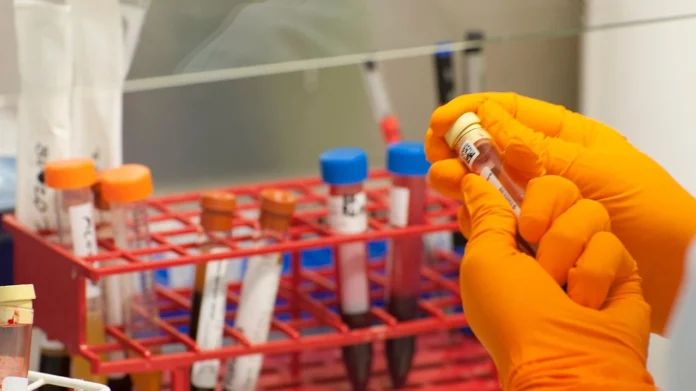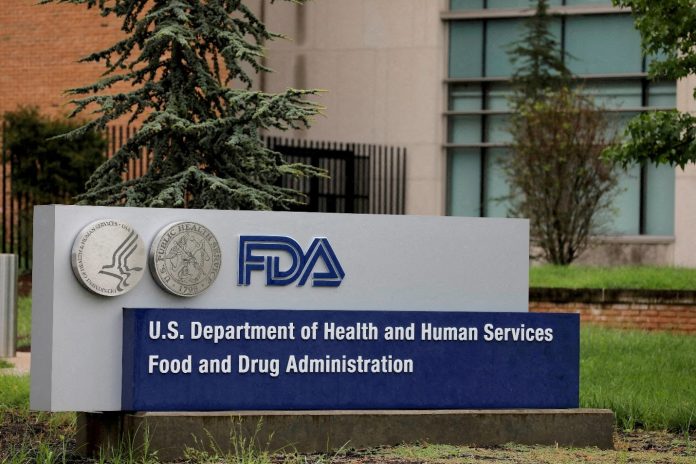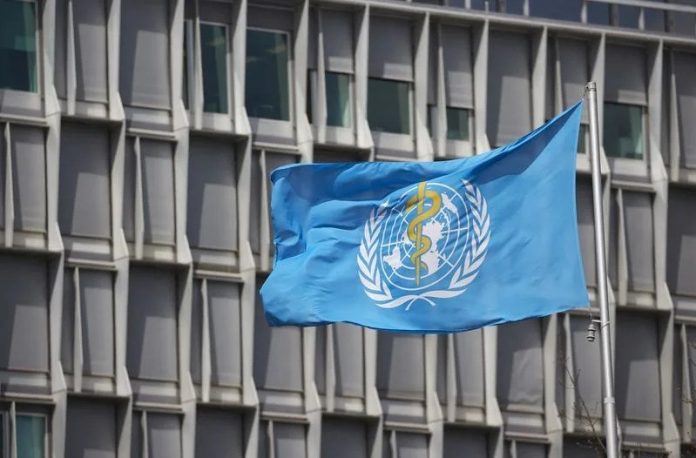Blood test-guided treatment with AstraZeneca pill cut risk of breast cancer progression, study finds
Treating breast cancer patients with AstraZeneca’s (AZN.L), opens new tab experimental pill camizestrant at the first sign of resistance to standard treatments cut the risk of disease progression or death by half, a finding that could change the way such cancers are treated, cancer experts said on Sunday.
The results, presented at the American Society of Clinical Oncology meeting in Chicago, mark the first use of a blood test called a liquid biopsy to indicate the need for a change in treatment in women with a common form of breast cancer, even before tumor growth can be detected on imaging.
The early switch approach in women with hormone receptor-positive, HER2-negative breast cancer resulted in a 56% reduction in the risk of disease progression or death, said Dr. Eleonora Teplinsky, an oncologist at Valley-Mount Sinai Comprehensive Cancer Care and an ASCO breast cancer expert.
“When patients progress on scans, we’re already behind,” Teplinsky said at a media briefing. She said an early switch approach, before disease progression, allows doctors “to essentially stay ahead of the curve.”
Camizestrant is not yet FDA-approved, but Teplinsky believes the data will likely result in a new treatment paradigm.
The trial involved 3,256 patients with advanced hormone receptor-positive, HER2-negative breast cancer, the most common type in which hormones such as estrogen fuel cancer growth. These cancers lack high levels of HER2, another cancer driver.
Women in the trial had at least six months of treatment with aromatase inhibitors that block hormones fueling the cancer, as well as targeted drugs called CDK4/6 inhibitors such as Novartis’ (NOVN.S), opens new tab Kisqali, Pfizer’s (PFE.N), opens new tab Ibrance or Lilly’s (LLY.N), opens new tab Verzenio, which block an enzyme that fuels cancer growth.
About 40% of patients treated with aromatase inhibitors develop mutations in the estrogen receptor 1 gene called ESR1 mutations, a sign of early drug resistance.
Camizestrant and similar drugs called Selective Estrogen Receptor Degraders (SERDS) block estrogen receptor signaling in cancer cells.











